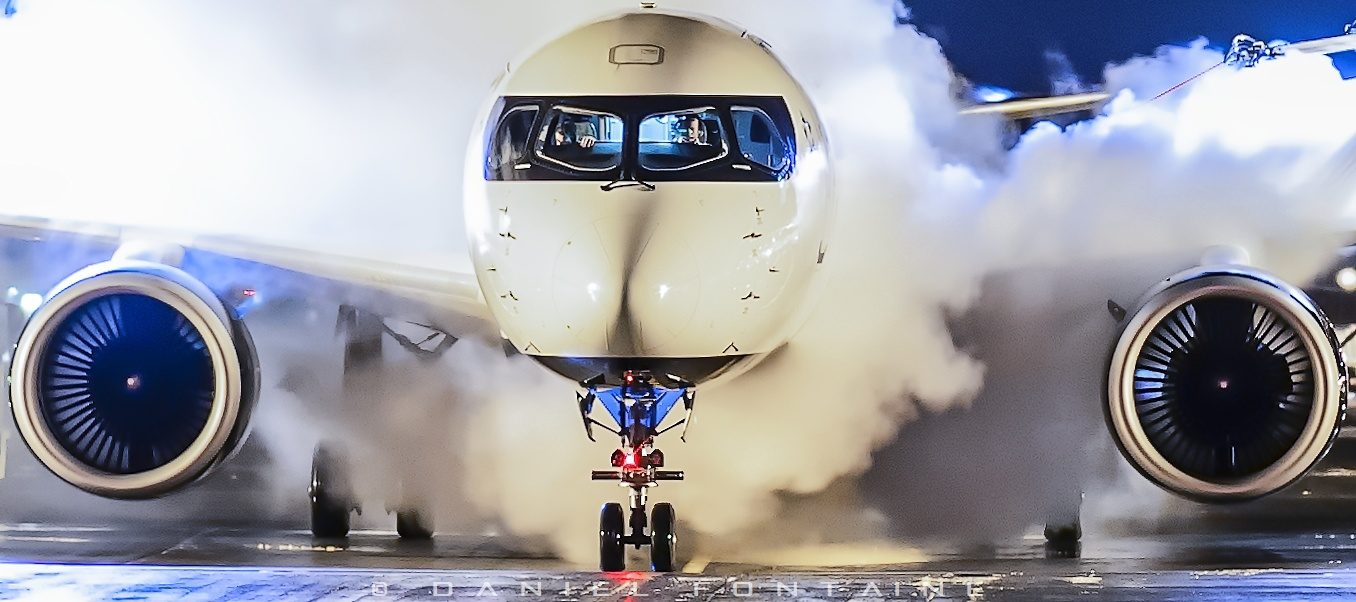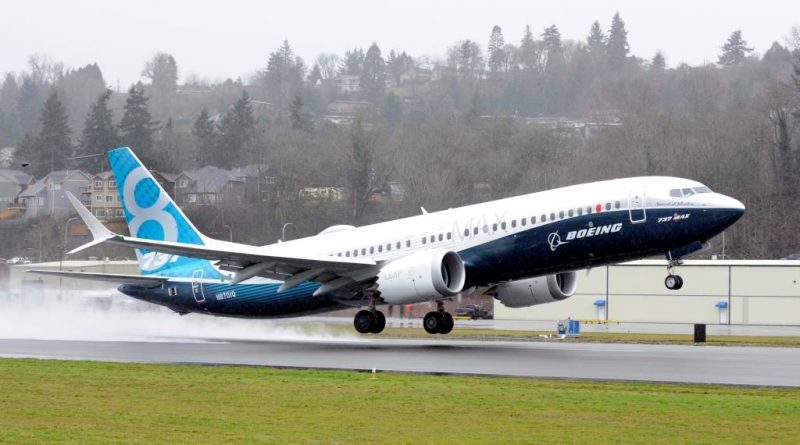MaxGate : the cup runs over
Every passing week brings a lot of revelations regarding the development of the B737MAX and its certification. Clearly, Boeing has turned corners to accelerate MAX certification. It is with great surprise that the aviation industry has learned that Boeing has disabled a security alarm without notifying its customer who operates the apparatus; it is a severe blow to the principle of mutual trust that guides the good business relations between two companies. The latest revelation (click here to read more) tells us that a problem with the AoA malfunction alarm had been identified but considered non-essential to safety; in this case we clearly see an organization that has deficiencies in risk management and internal information exchange. Immediately after the ETH302 tragedy, the public withdrew its trust in the MAX and Boeing ; but the more we learn about the rushed development of the MAX, the more the airline industry also questions Boeing. Some customers who only have Boeing aircrafts in their fleet, like FlyDubai, are openly complaining about bad communications from the aircraft manufacturer and are now looking at Airbus.
What is even more disturbing with Boeing right now. is the arrogance with which its leaders deal with this matter. Boeing’s decision to increase the B737 production rate from 42 to 47 aircraft per month in June, to 52 for the months of July and August and finally to reach 57 from September presumes rapid approval of the changes made at MCAS. It’s as if Boeing were challenging the FAA and the nine certifying agencies that will be meeting on May 23, saying, “Our changes are safe and please affix your stamp at the bottom of the form and above all, do it fast, because we have important business objectives to meet”.
Boeing’s drift in the development and certification of the MAX represents a blot on the safety record of all civil aviation. For the good of this industry, the joint committee that will be meeting on May 23 to analyze the changes to the MCAS must convey the message that it is the regulatory bodies that lead, not Boeing.
>>> Follow us on Facebook and Twitter

